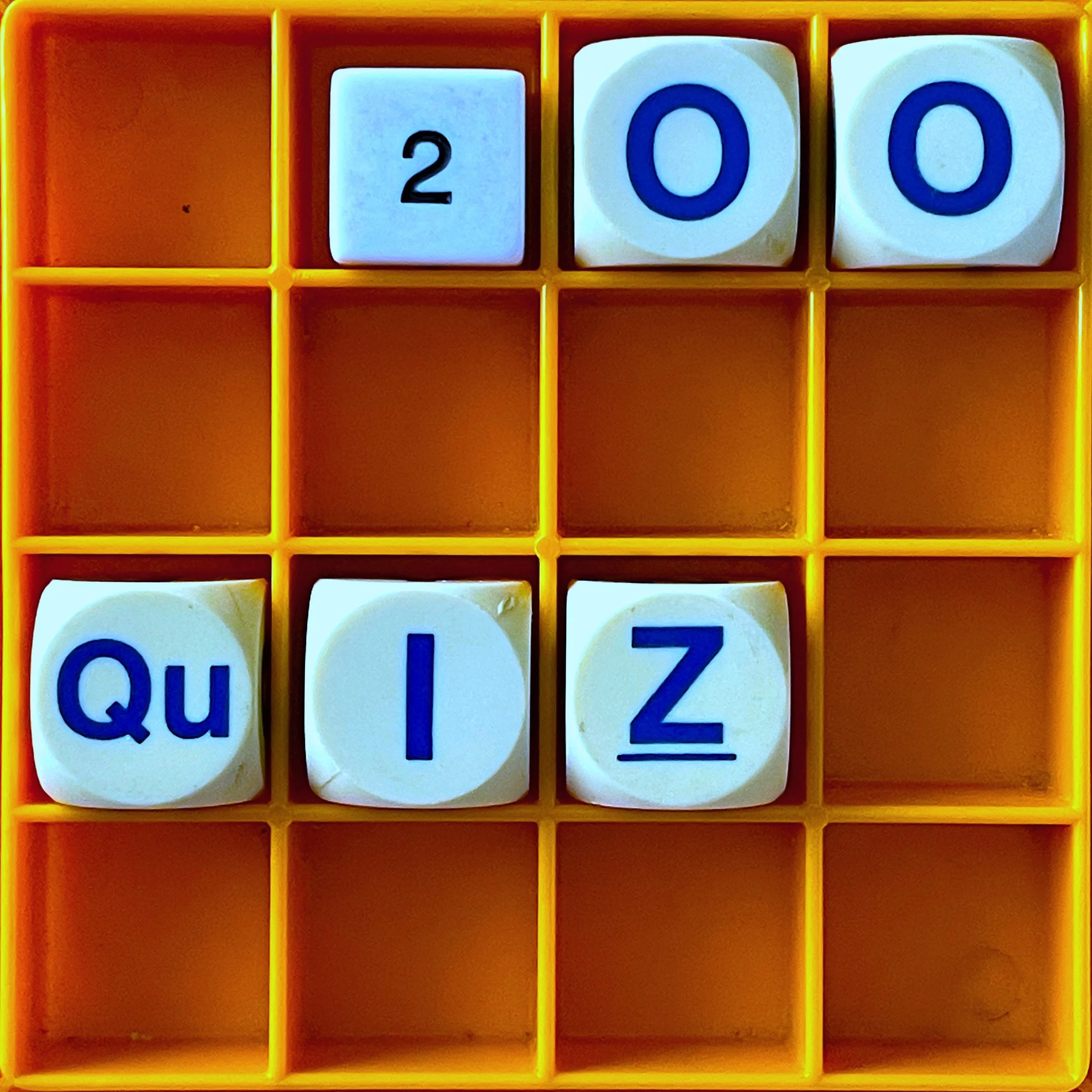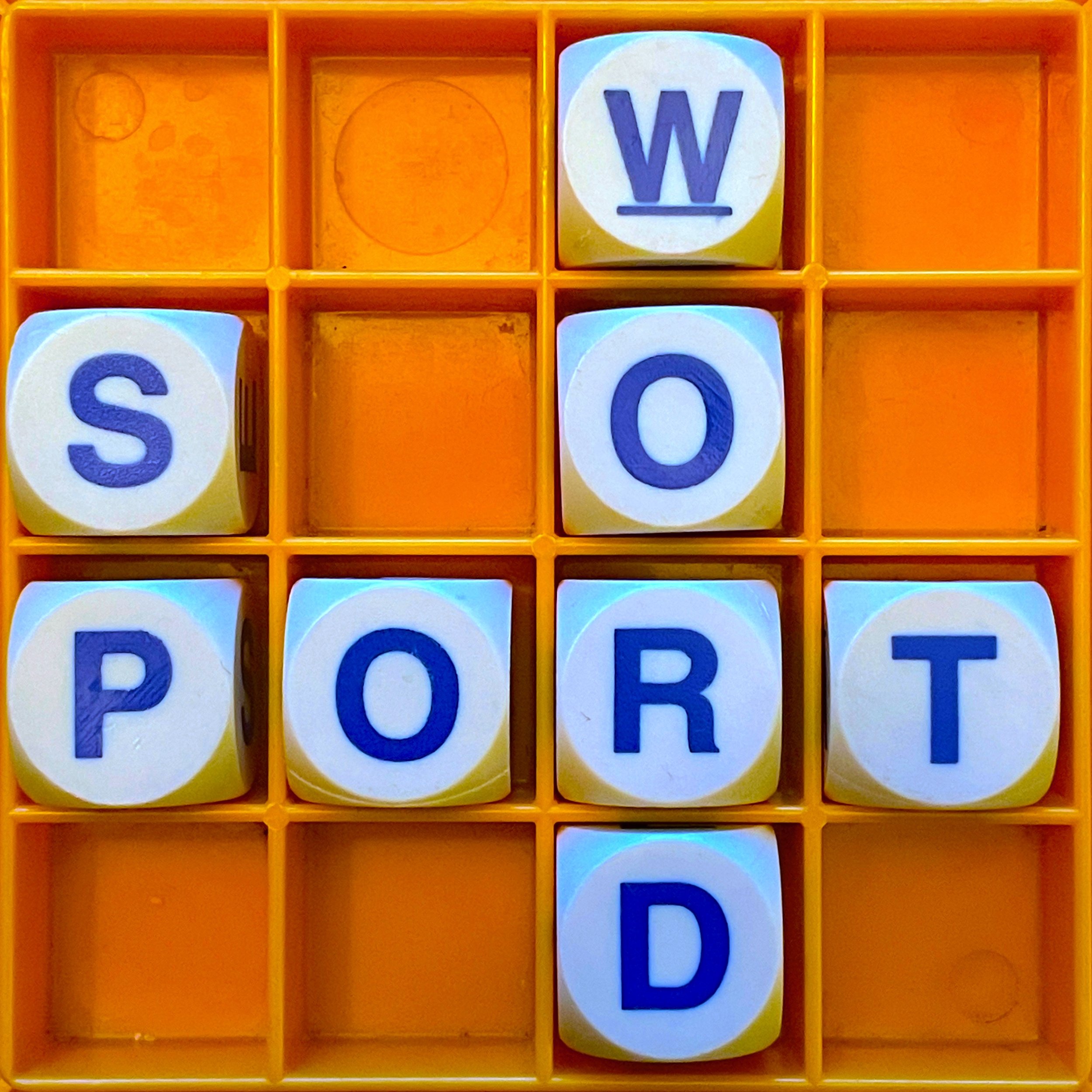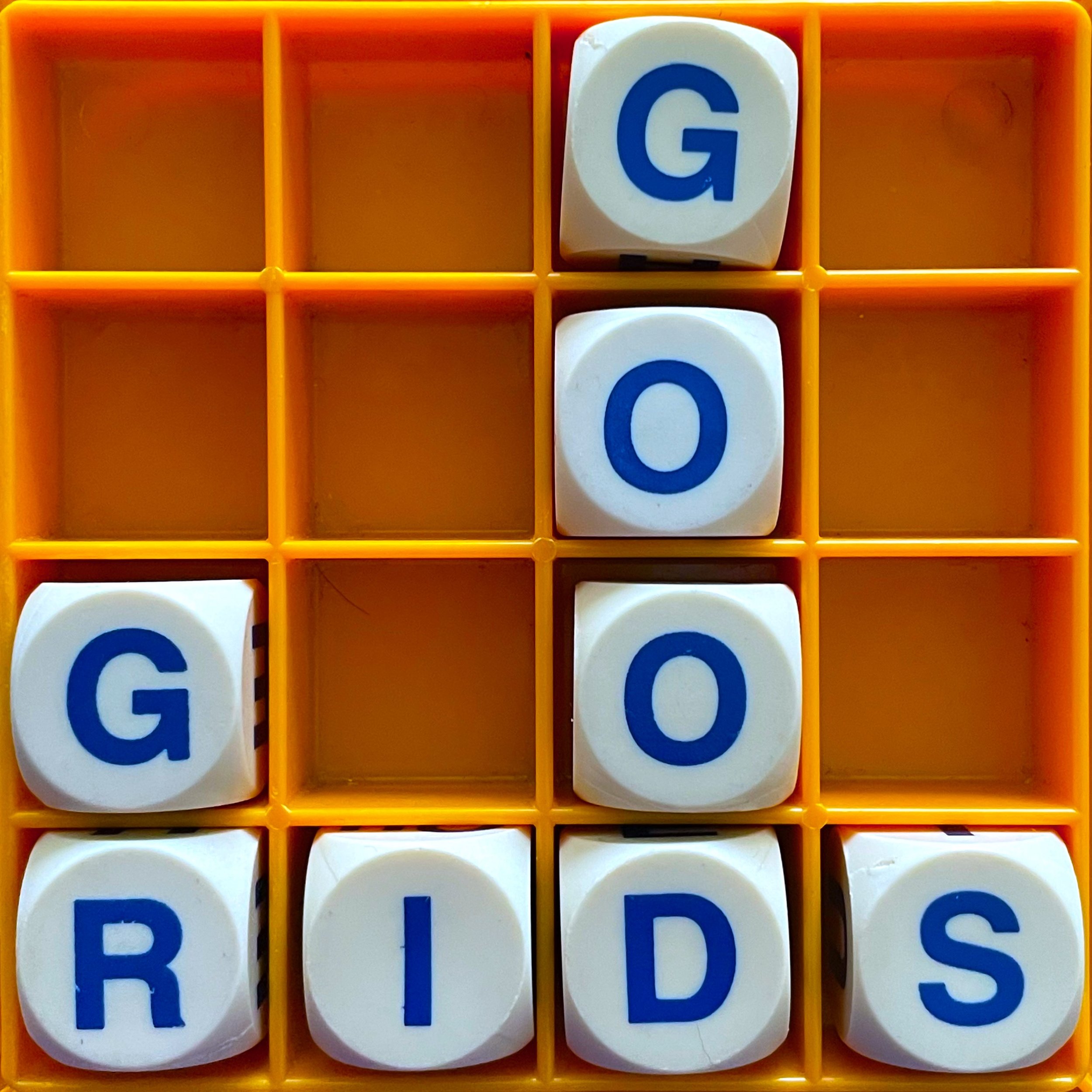Happy tenth birthday to this show! To celebrate, here's every randomly selected word from the dictionary from the first decade of the show.
Read moreAllusionist 203. Flyting
In 15th and 16th century Scotland, in the highest courts of the land, you'd find esteemed poets hurling insults at each other. This was flyting, a sort of medieval equivalent of battle rap, and it was so popular at the time that the King himself wrote instructions for how to do it well. Writer and Scots language campaigner Ishbel McFarlane and historical linguist Joanna Kopaczyk explain the art of flyting, where an insult becomes slander, what's going on within the speech act of performative diss-trading, and what the legal consequences could be of being accused of witchcraft.
Read moreAllusionist 201: Singlish
"If you grow up being told that one of your first languages, Singlish, is actually a bad version of an already existing language, you kind of get this sense that “I'm just bad at language,” says Bibek Gurung, a former linguist who grew up in Singapore speaking Singlish with his family and friends, while schools and the government tried to quash it. "Language is a fundamental human skill. And to just have this sense that you're bad at this very fundamental skill really does a number to your self esteem and your abilities to communicate in general."
Read moreAllusionist 200: 200th episode celebratory quiz!
I can scarce believe that I've made 200 episodes of this show, but here we are! To celebrate, here is a quiz about language where all the questions were set by YOU, the beautiful brainy listeners.
Read moreAllusionist 199: 199 ideas that I hadn't made into podcasts yet
Next episode is the 200th, therefore this is the 199th. I raid the 66-page documents of ideas for episodes, that I have been keeping for nearly a decade, and present to you 199 ideas that I have not yet made into podcasts (except for this one).
Read moreAllusionist 198: Queer Arab Glossary
Since 2019, Marwan Kaabour has been collecting Arabic slang words used by and about queer people, first for the online community Takweer, and now the newly published Queer Arab Glossary. "When researching for this book, I discovered so much of the sociopolitical, cultural, linguistic, and historical layers that make up the words," he says. He also discovered quite a lot about frying, white beans and worms (metaphorical ones).
Read moreAllusionist 197. Word Play 7: Word Sport
At the Scripps National Spelling Bee, behind the spectacle of kids vying to be champion spellers, a whole lot of work goes on to make words into this word sport.
Read moreAllusionist 196. Word Play 6: Beeing
I went to the 2024 Scripps National Spelling Bee, to marvel at kids spelling words I had mostly never even heard of. But when you’re at Bee Week, the competitive spelling is merely the tip of the icebee.
Read moreAllusionist 194. Word Play part 4: Good Grids
Exciting things have been happening with crossword puzzles in the US: more constructors, more outlets to get puzzles published, clues and answers that would never have appeared even a few years ago, and puzzle packs raising a whole lot of money for charities and humanitarian causes.
Read moreAllusionist 190: Craters
"It's quite a big undertaking going through every named feature in the whole solar system and trying to find out who that person was."
When PhD student Annie Lennox discovered a crater on Mercury, she got the chance to name it. Which sent her on a bigger space mission.










